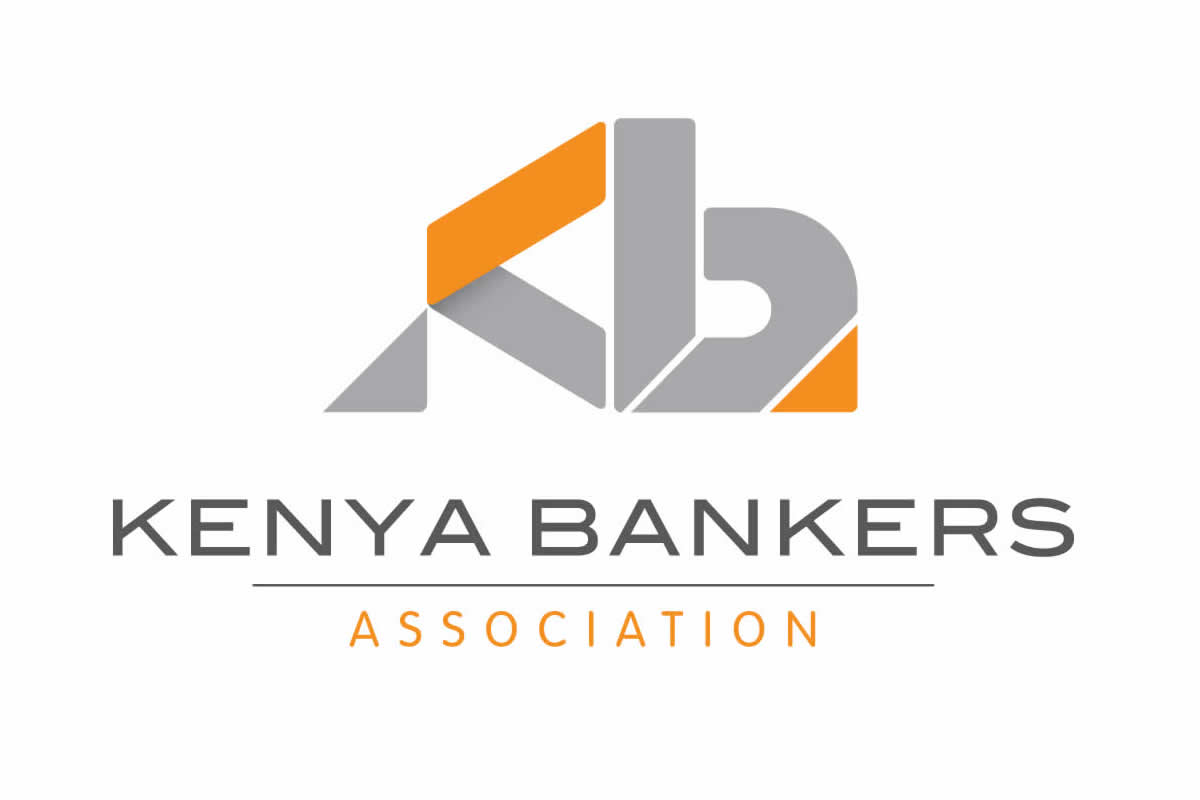- The Daily Brief, by The Kenyan Wall Street
- Posts
- To cut, or not to cut...that is the question...
To cut, or not to cut...that is the question...
Kenya's #1 newsletter among business leaders & policy makers

Howdy! It's Brian again.
In today's edition of ‘The Daily Brief’, policy analysts are gauging how the reduction or addition of the VAT rate would affect the economy.
We also look at why more Kenyans are owning more than one bank account…
And…tomorrow is the deadline for importers owning cargo at sea to seek local insurance coverage…
These…and more stories…
PUBLIC FINANCE
To Cut VAT or not…that is the question…

Value Added Tax (VAT)
Kenya faces a VAT dilemma—raising it to 18% boosts government revenue but squeezes households, while cutting it to 14% eases consumer burdens but trims state coffers. The Kenya Institute for Public Policy Research and Analysis (KIPPRA) has simulated how a VAT hike to 18% would grow GDP slightly and fund infrastructure, but hit urban poor the hardest. A VAT cut to 14% would shrink government revenue by about 3.6% annually but could boost consumer spending if businesses lower prices. Raising VAT could benefit manufacturing and infrastructure but stings agriculture and the services sector, which are yet to recover fully.
According to KIPPRA’s analysis, more tax revenue means more public investment, which eventually spurs job creation—though in the short term, demand for labor may dip. Lowering VAT, on the other hand, improves household welfare, reduces poverty, and enhances food security. Instead of hiking the standard rate, reducing VAT rate differentials by 25% could still grow government revenue by 0.64% yearly, with minimal economic pain.

How reducing the VAT rate will impact the economy
The Bottom line: squeezing more from VAT isn’t just about the rate—it’s about smart reforms that balance revenue, economic growth, and social impact. Here is the full story»»»»»
Today's Poll
Would you prefer VAT addition to boost state revenue or VAT reduction to improve individuals' consumption? |
Yesterday's Poll Results
What are your expectations on inflation in the next few months?

‘It will stabilize’ wins
The Taxman's Crackdown

Times Tower in Nairobi
PUBLIC POLICY
The Deadline is here : Importers must get local insurance

Containers at the port
Kenya just told importers, “Your shipment, our rules.” Starting February 14, 2025, if you're bringing in goods, you’ll need to insure them with a local insurance firm. You will need a digital certificate to prove that your cargo is covered by a homegrown policy. What do importers think about that? They are definitely not amused. Vehicle dealers, especially, feel like they're being coerced into a "buy Kenyan" insurance scheme—whether they like the price tag or not. If premiums soar, their customers will face higher costs – obviously.
What is the bottom line? Your cargo will still roll over the Kenyan waves, but now you will need a local insurance cover to anchor it down.
BANKING
The Evolution of Kenyan Banking

Bank agents
Kenya’s banking customers are playing the financial field, with nearly half juggling accounts in multiple banks, while single-account holders dwindle to 36.72%. Multi-banking is on the rise, with 11.8% now holding four to five accounts—because why settle for one when you can have options? Digital self-service reigns supreme, with 56% preferring the ease of 24/7 access over human interaction. Banks are stepping up their game, resolving 75.44% of complaints in two days, but with only 18.3% of Kenyans financially healthy, there’s room for improvement. Meanwhile, KCB takes the crown for best overall bank, proving that in Kenya’s banking scene, loyalty is good, but variety is better!
Bottom line : In the fast-evolving world of Kenyan banking, trust is earned, convenience is demanded, and loyalty is optional.
⏱️ Also on Banks…
News Desk
Opinion and Commentary
Video of the Day
In levying taxes and in shearing sheep it is well to stop when you get down to the skin.”
Have a lovely evening!




